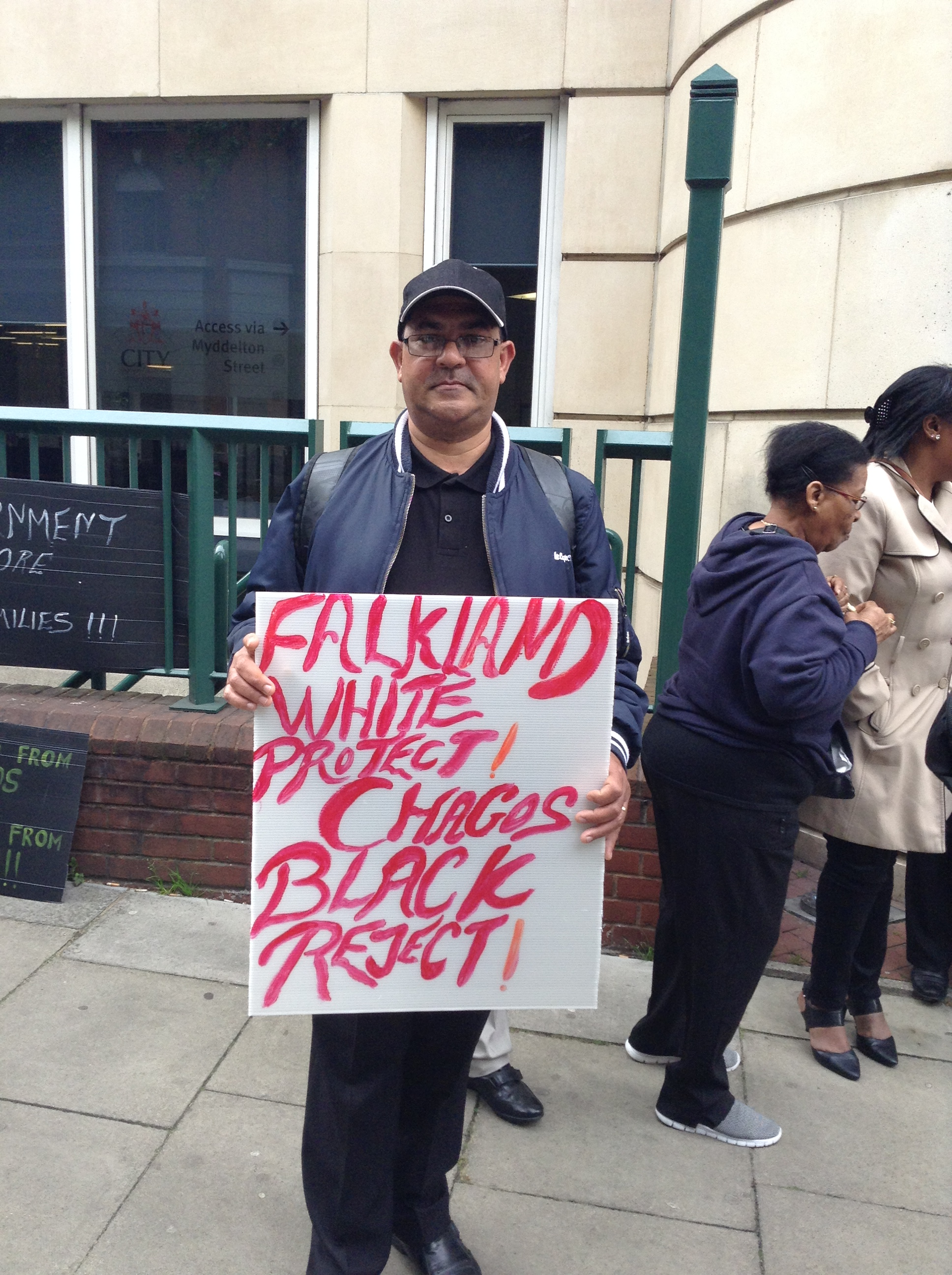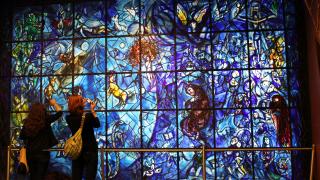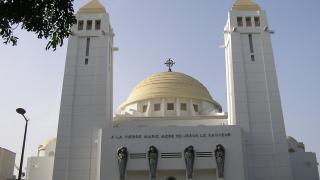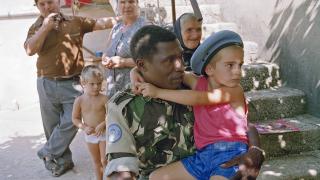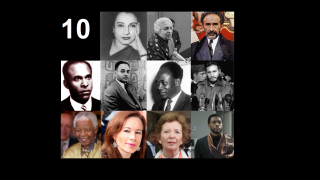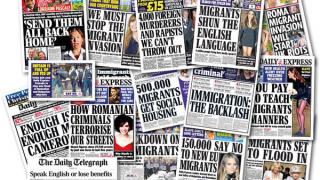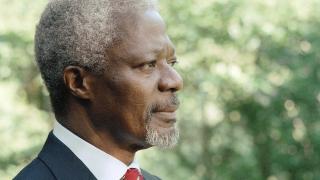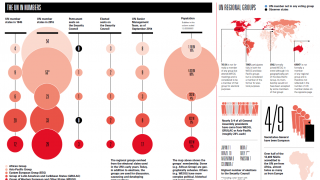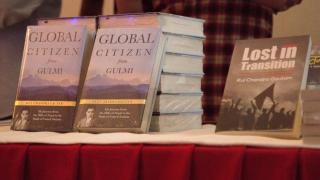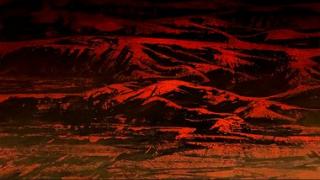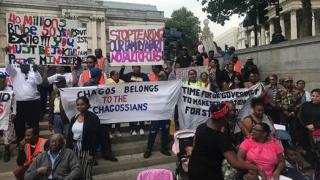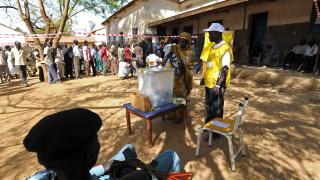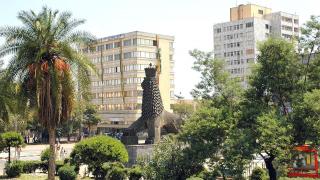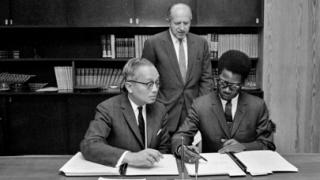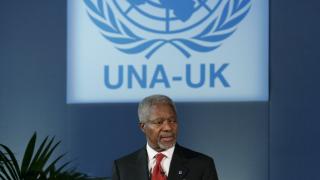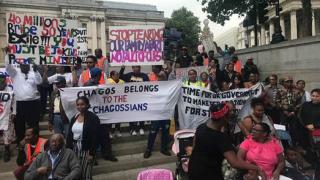
The Chagos Islands have made global headlines recently, as the International Court of Justice (ICJ) heard a sovereignty dispute between the UK and Mauritius over the remote Indian Ocean archipelago. A decision is likely in March 2019.
Throughout the evidence sessions, both sides referenced the Chagossians, the native people of the islands. Whichever way the decision goes, the outcome will be significant for this community. But there’s a lot more to their story than a sovereignty dispute between the two nations.
“I hope that the ICJ will safeguard the interest of the Chagossian Community by putting them first and would advise both Governments to consult the Community. During this black history month, let’s not forget about the Chagossians. We are only demanding our rights as every human being to be respected.”
Isabelle Charlot, Chagos Islanders Movement
Swept and Sanitised
The Chagos Islanders are a community that originally arrived on the islands as slaves in 1789. They lived in their homeland for up to five generations. When Britain took control of the islands in the early 19th century, they became British subjects, just like residents of the Falklands or Gibraltar.
They remained British subjects when British authorities ordered their permanent deportation in 1973, as part of a deal to accommodate a US military base on the largest island – Diego Garcia.
As part of the deal, the islands were “swept and sanitised” of all native inhabitants who, officials stated in now declassified documents, “absolutely must go.”
Liseby Elysé, a Chagossian deportee described this process to the ICJ:
“A ship called Nordvaer came. The administrator told us we had to board the ship, leaving everything, leaving all our personal belongings behind except a few clothes… People were dying of sadness in that ship. I was 4 months pregnant at that time. The ship took 4 days to reach Mauritius. After our arrival, my child was born and died.”
The casual disregard of the most basic human rights of Liseby Elyse and the over a thousand other Chagossians is hard to understand.
But the language in those declassified documents offers a sad hint to the answer.
Would the UK so readily have acquiesced to other overseas territories, like the Falkland Islands and Gibraltar, being “swept and sanitised?” Certainly, it's unlikely residents of those islands would have been described as “Tarzans” and “Man Fridays” by Foreign Office officials.
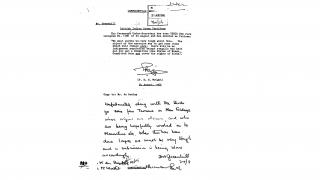
This notorious cable was sent from the UK mission to the UN to the Colonial Office head Denis Greenhill. He responded, by hand, as follows, "Unfortunately along with the birds go some few Tarzans or Man Fridays whose origins are obscure, and who are hopefully being wished on to Mauritius etc. When this has been done I agree we must be very tough and a submission is being done accordingly."
One Chagossian succinctly summarised their frustration with this sign at a recent protest.
- “Falklands white = protect
- “Chagos black = reject”
But Chagossians’ suffering didn’t stop with the deportation. Chagossians were literally dumped on the docks of Mauritius and the Seychelles. The minimal compensation they were promised arrived almost a decade late for those sent to Mauritius. Those exiled to the Seychelles never received a penny.
Consequently, families fell into poverty and deprivation, with many facing severe discrimination in their new ‘homes.’
“When Chagossians arrived in the Seychelles we were left on the harbour. Nothing was prepared for our arrival.
“Life was so hard as Chagossian started to look for jobs. At that time jobs were scarce in the Seychelles - even for Seychelles people.
“People in Seychelles didn't treat us well, we felt unwanted, not fitted in a strange place, we didn't speak the same Creole.”
Bernadette Dugasse
The Second Deportation
Now, with grim irony, the grandchildren of those who suffered deportation from Chagos are being threatened with deportation again. This time from the UK.
Had the exile never happened, Chagossians would today be entitled to British citizenship, in the same way those in other British Overseas Territories are.
But because of those deportations, only those born on the Chagos Islands, or their immediate children are eligible for citizenship.
Jeanette Valentin’s mother was born on Chagos and was deported to the Seychelles. That means Jeanette, like her mother is entitled to British citizenship. Several years ago, Jeanette brought her family to the UK for a better life.
Jeanette’s children thrived in the UK, progressing well in school. But now, as the children turn 18, they are being threatened with deportation. Because Jeanette never had the chance to be born on Chagos, her children are not entitled to the UK citizenship which would have been theirs, and which she and her parents enjoy.
“They say I have to apply for citizenship but I cannot afford it. It is a lot of money, the full process can reach around £10,000 per child. I get paid only £600 to last every two weeks and my rent is £600 … sometimes I don’t have enough money to eat.”
Jeanette Valentine
Jeanette started a crowdfunding initiative and has now raised the money she needs to apply, after her neighbours in Milton Keynes rallied around her.
But lots of Chagossians are in the same position as Jeanette and have not been so lucky. That’s why Crawley MP Henry Smith has proposed a change to the law that would simplify and lower the cost of the process for his many Chagossian constituents.
As the UK government plans immigration reforms following the Windrush scandal, Home Secretary Sajid Javid has stated he’ll consider the proposed changes.
The fight for return
As the fight to remain in UK rumbles on, Chagossians are fighting too for the right to return to their homeland.
In 2016 there was disappointment as the UK government ended a three-year policy review by refusing to back a Chagossian return programme, despite Ministers accepting that it was “practically feasible.”
But Chagossians are still pushing for justice. “We will never give up the right to return, it is fundamental.” Frankie Bontemps, Chagossian community organiser, announced at a protest against the 2016 decision.
The struggle continues in the domestic courts too. Oliver Bancoult, leader of Chagos Refugees Group, has led a 20 year legal battle which will return to the UK High Court this year. It’s a saga littered with triumphs and disappointments for Chagossians. A High Court victory in 2000 was infamously nullified by a fresh ban on Chagossians living in their homeland in 2004.
But Mr Bancoult remains hopeful. And that hope and determination is reflected throughout the Chagossian community, whether it’s the survivors of deportation or their grandchildren. Just a few weeks ago Chagossians – aged from 80 years to 8 weeks – occupied Trafalgar Square for the best part of a week in the blazing summer heat.
They did so because they share the sentiments powerfully expressed by Liseby Elysé, speaking at the International Court of Justice a few weeks ago.
“I maintain justice must be done. And I must return to the island where I was born.”
All Photographs credit: Chagos Support

